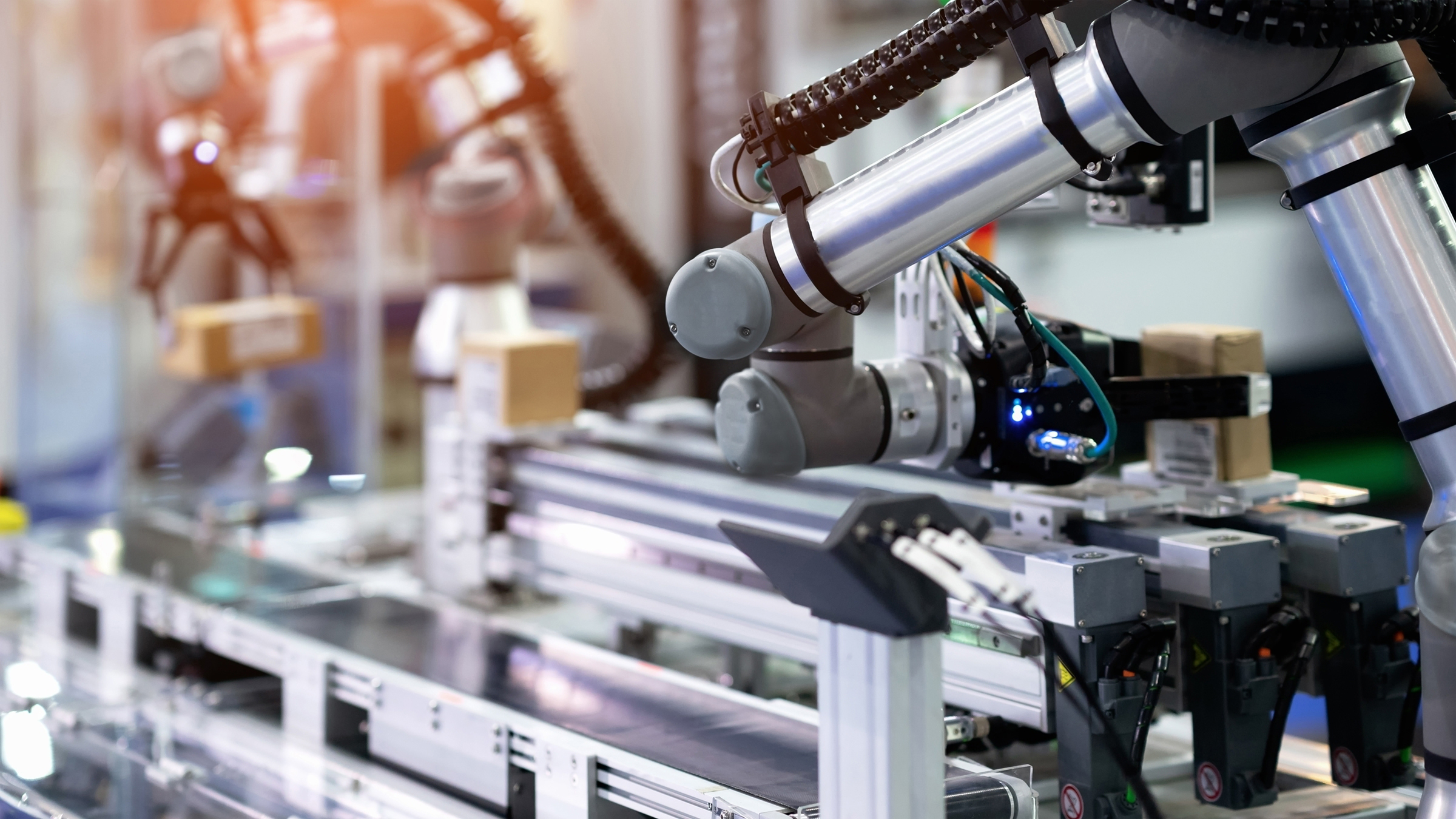Programmable Logic Controllers (PLCs) are a critical system in industrial automation. They offer numerous advantages that ensure they are a preferred choice for companies looking to enhance operations.
One of the primary reasons to use a PLC is their dependability. Unlike traditional relay-based systems, these controllers are built to handle demanding conditions. They can function in rough settings without failure, ensuring uninterrupted performance.
Another advantage of PLCs is their adaptability. They can be programmed to execute various automation tasks, enabling companies to update production lines with minimal effort. This capability makes PLCs highly scalable.
PLCs also offer high-speed execution. These controllers handle automation commands in real time, which is crucial in precision-driven industries. This efficiency improves productivity and reduces downtime.
An additional advantage of using PLCs is their compatibility with automation hardware. They support different networking standards including PROFIBUS, MODBUS, and Ethernet. This allows for PLCs to interact with sensors, motors, HMIs, and SCADA systems.
Choosing PLCs results in long-term cost savings. While the initial investment may be high, their durability, efficiency, and ease of maintenance result in financial benefits in the long run.
With their reliability, flexibility, speed, and integration capabilities, they are still the best solution for modern manufacturing and automation.

